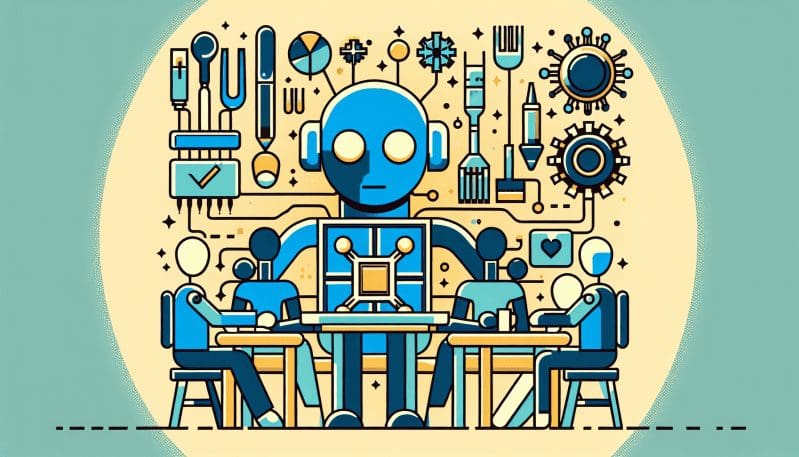As we delve into the complexity of integrating artificial intelligence (AI) within our workplaces, we’re confronted with a pressing question: How can we ensure that AI promotes, rather than undermines, diversity, inclusion, and equity? The advent of AI in the work environment is not just a technical evolution; it’s a cultural and ethical watershed that calls for meticulous introspection and proactive strategy.
The first step towards achieving an ethical integration of AI into our workplaces is recognizing the potential for these systems to reflect and amplify the biases present in their input data. In many historical and contemporary datasets, the shadows of societal prejudices are deeply ingrained – a fact that AI, with its learning algorithms, can inadvertently perpetuate. To counteract this, we need diversity at the very heart of AI development teams. A multiplicity of perspectives can lead to more inclusive algorithms that consider a wider array of experiences and reduce the risk of excluding underrepresented groups.
Furthermore, transparency in AI decision-making processes is paramount. Businesses must implement robust AI auditing frameworks that scrutinize the criteria and data on which AI systems base their decisions. These analyses must be conducted regularly to ensure that AI-driven decisions in hiring, promotions, and task allocations are fair and equitable. This level of transparency not only fosters trust among employees but also holds companies accountable for their use of technology.
Ongoing monitoring is the third pillar of a responsible AI strategy in the workplace. As AI systems continue to learn and evolve, it is crucial to continually reassess their impact on diversity and inclusion. This means not only technical assessments but also soliciting feedback from the workforce on how AI implementations affect their day-to-day experiences and sense of belonging. Engaging experts in AI ethics, workforce policymakers, and diversity and inclusion practitioners will be essential in translating this feedback into actionable insights and adjustments to AI systems.
Embracing these approaches will not be without its challenges. It will require a concerted effort from all stakeholders to maintain vigilance against bias, to invest in continuous education and to adapt to the dynamic interplay between AI and workforce diversity. However, by committing to these principles, businesses can lead the way in harnessing AI as a force for good – driving innovation that fosters a more inclusive, equitable, and diverse workplace for all.
By critically examining strategies for creating ethical AI protocols and striving for a culture of continuous improvement in diversity and inclusion practices, we can navigate the future of work not just efficiently, but ethically. This integration of technology and humanity may well be the defining challenge of our generation, requiring dialogue, due diligence, and dedicated action. It’s a journey worth embarking on, and together, we can pave the path towards a more equitable workplace for everyone, powered by the thoughtful application of AI.




























